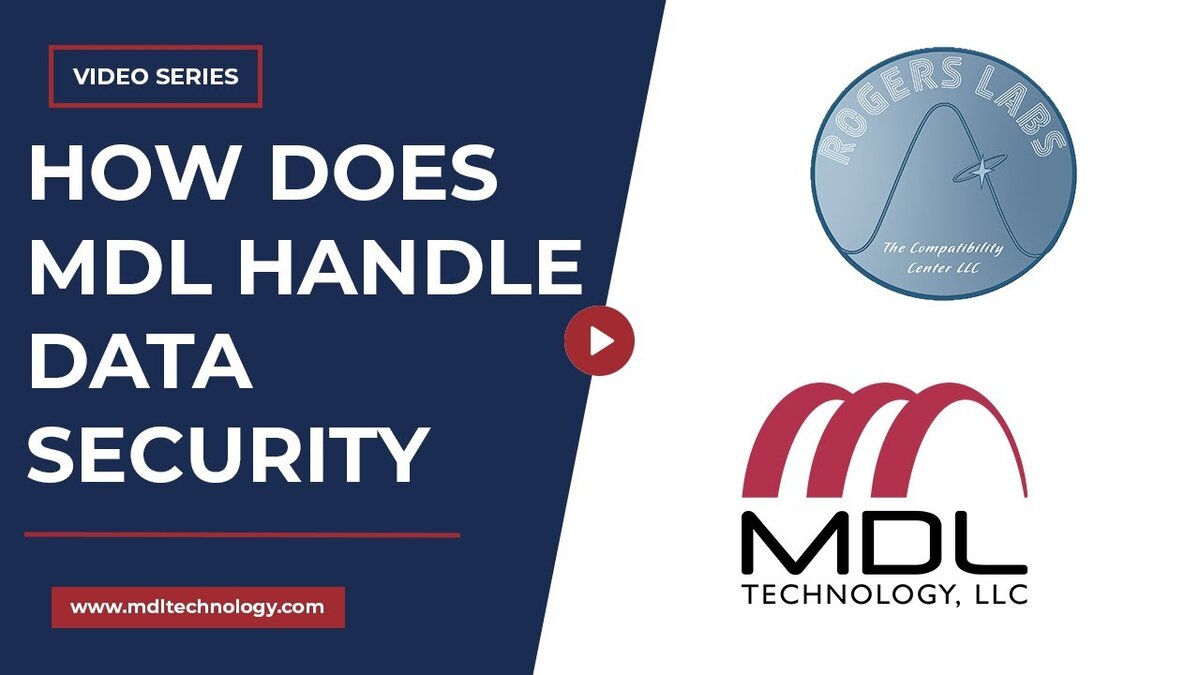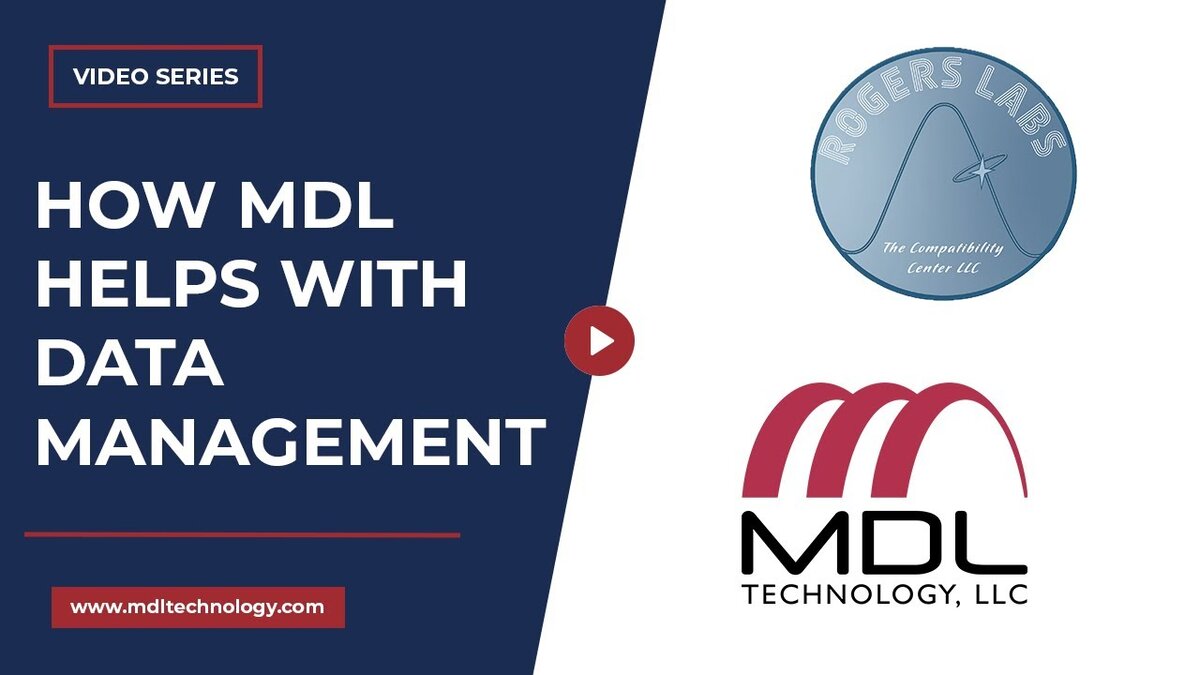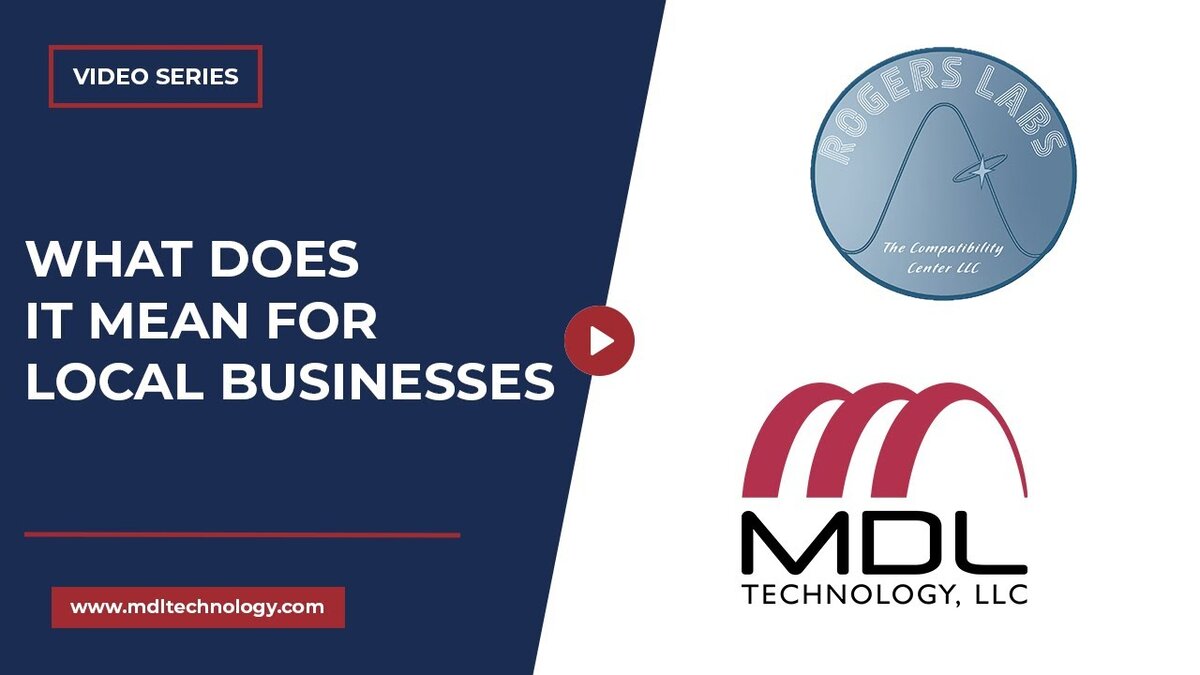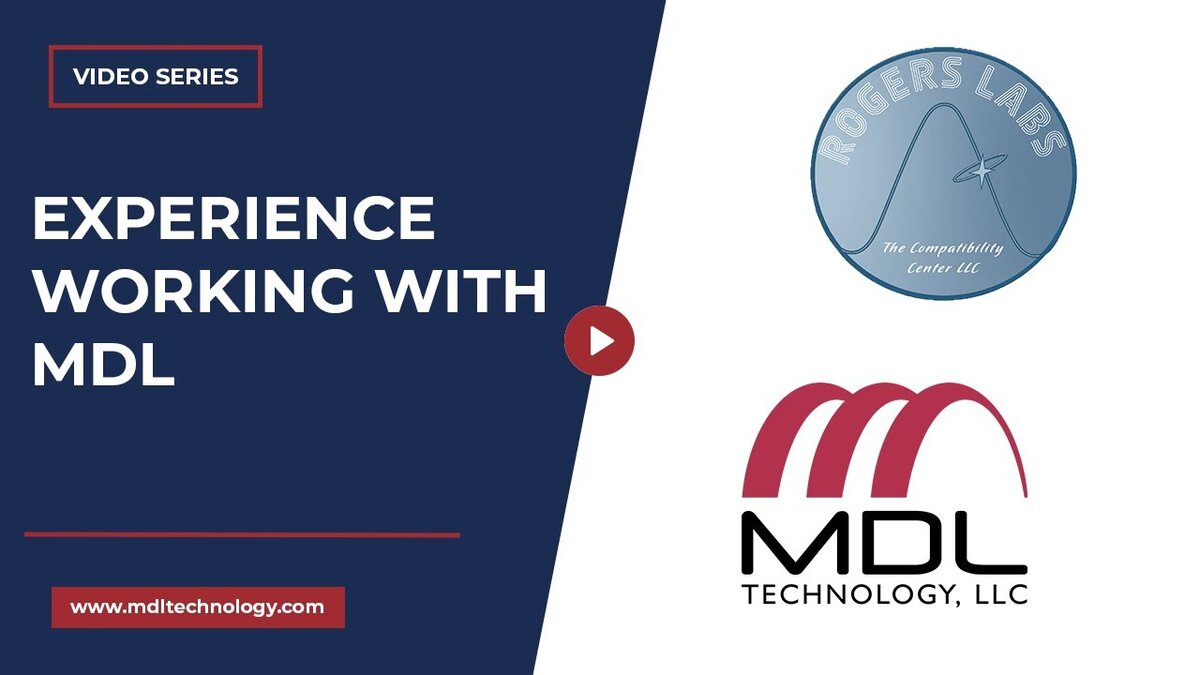As we enter a new year, one evolving trend appears to be here to stay — the hybrid workforce and its effect on cloud computing. In 2022, cloud practices will continue to grow, and at a fast pace — making the cloud and cloud security even more essential to your business. According to Gartner, global cloud revenue is projected to total $475 billion in 2022, which is up from $408 billion in 2021.
Keep reading to learn more about the best practices for cloud computing that your company should already have in place, plus cloud security trends to look for in 2022.
Cloud Computing 101
First, let us quickly explain exactly what cloud computing does. The cloud is a storage option much like your hard drive, but it’s on the internet. Not only can files be stored on the cloud, but applications and resources can be stored and utilized through the cloud as well.
As a business, you choose a cloud provider that supplies a pay-as-you-go service to provide, customize and maintain your cloud account. The provider also maintains the network-connected hardware that provides an internet database for your business storage. According to Salesforce, a study done by the International Data group states that 69% of businesses are already using cloud technology in one capacity or another, and 18% say they plan to implement cloud-computing solutions at some point.
The cloud provides many benefits over using traditional hardware. Eventually, you will have more information than hard drive space and will have to invest in more physical storage. Compared to the affordability of cloud computing, paying for extra hard drive storage is expensive. Cloud computing storage space is endless, giving your business the opportunity to scale similar to enterprise organizations without paying for a data center.
Not only is cloud computing incredibly responsive, but it’s fast and easy to search and pull up information as you need it. You also have the ability to work from anywhere without being tied to an office desk, giving employees the flexibility to be more productive with easy access to resources.
Lastly, the cloud is a secure business operation option. Data breaches and hacks are happening right and left, but the cloud is customizable to provide various access levels to all of your employees. Unlike a hard drive, the cloud can provide information to certain users while blocking users from accessing more sensitive data. The encryption, or method of scrambling data so it’s unreadable to those who don’t have access, ensures that people outside of the authentication circle cannot access your data.
To learn more about the basics and benefits of cloud computing, check out our blog: How Cloud Computing Can Benefit Your Business and Industry.
Cloud Computing Best Practices of 2021
The top cloud computing best practices from this past year are increased cloud security and a properly trained staff.
To prevent hackers and cyberthreats, your organization NEEDS to train all your employees on what cybersecurity is, how it works, how to spot cybersecurity threats and how to respond to those threats. According to this report by eSecurity Planet, comprehensive training should include basic security knowledge like how to create a strong password, identifying possible social engineering attacks and risk management.
Training your staff will allow them to be more efficient and more aware of mitigating risks. According to Medium, here are a few benefits to training your employees about the cloud:
- They can learn to efficiently manage, operate and deploy applications.
- Training will alleviate your team’s anxiety by giving them answers to the otherwise unknown.
- Your staff will all be on the same page when it comes to their overall computing operations which will allow them to work together more effectively.
- A trained staff will be able to spot the services and solutions they need much faster, which means you can quickly develop better solutions for your customer.
Companies are depending on their employees’ awareness to halt oncoming cyber threats that can damage their service reputation. The cloud provides employees the ability to work remotely and efficiently. However, the downfall of having the ability to work from home is that data becomes even more vulnerable to cyberattacks which can be more detrimental to the company. Cybersecurity and IT training for all employees will continue to be crucial next year. Check out our blog for even more cybersecurity trends in 2022.
Top Cloud Security Trends of 2022
1. Multi-Cloud Work Environments
There are multiple types of cloud computing — SaaS and IaaS being the most used in recent years. The first type is software-as-a-service (SaaS), which is accessed through a web browser. The other type is Infrastructure-as-a-Service (IaaS), which means the hardware is installed in-house by a provider. Most people think of SaaS when they think of cloud computing.
However, Garter predicts there are in fact six types of cloud computing services that will only grow more popular in 2022:
- BPaaS: Business Process as a Service
- PaaS: Platform as a Service (aka cloud application infrastructure services)
- SaaS: Software as a Service
- Cloud Management and Security Services
- IaaS: Infrastructure as a Service
- DaaS: Desktop as a Service
According to BMC, more organizations are increasingly opting for multi-cloud environments that will take advantage of a combination of the services above — on- and off-premises. Spending on DaaS — which allows businesses to continue allowing employees to work remotely — will more than double since 2020, according to a study by Garter.
2. Sharing the Responsibility With Public Cloud Vendors
When it comes to public cloud vendors like Amazon Web Services (AWS) and Microsoft Azure, the provider and the customer share responsibilities for IT security — aka a Shared Responsibility Model.
According to eSecurity Planet, understanding your shared responsibilities is key to making the most of the models:
“Enterprises that are considering a particular cloud vendor should review its policies about shared security responsibilities and understand who is handling the various aspects of cloud security. That can help prevent miscommunication and misunderstanding. More importantly, though, clarity about responsibilities can prevent security incidents that occur as a result of a particular security need falling through the cracks.”
Their report also states that customers should ask their providers security questions to fully understand how their services really compare. For example, their services may differ depending on whether your business uses PaaS, IaaS, SaaS, etc.
3. AI in Cloud Computing
As more organizations convert to a cloud model, more attacks on the cloud will follow, therefore a need for automated detections, reactions and preventions are a necessity. That’s where artificial intelligence (AI) comes in to provide enhanced security measures.
According to Forbes, “Cloud computing and artificial intelligence are growing in parallel. The complexity of the cloud is driving the need for AI, but the complexity of AI is also creating the need for it to work better in the cloud environment with efficiency, transparency and control.”
All artificial intelligence lives in the cloud and all the technology that routes traffic from data from devices, stores infrastructure built on machine learning. The strong trend in AI will result in creative algorithms like generative machine learning that can drastically enhance response time to cyberthreats on the cloud.
MDL Technology Is Here To Help
For anyone looking to add cloud security into your business, now is the time to do it. Security in cloud computing is crucial to any company looking to keep its applications and data protected from hackers and cyberthreats.
Cloud computing is a diligent way to compute applications, personal collaboration and business processes whenever and wherever you want, all while saving your company money. Whether your employees are working from home or at the office, your company is able to work on a secure and compliant data center. Working on the cloud allows for employees to work in multiple geographic locations when necessary.
Your company’s security is our top priority. We offer services such as 24/7 support, network monitoring, offsite data backups, auditing and compliance and more to help ensure that you don’t need to stress about your team’s private information becoming public.
Learn more about the services we offer by visiting our website.








